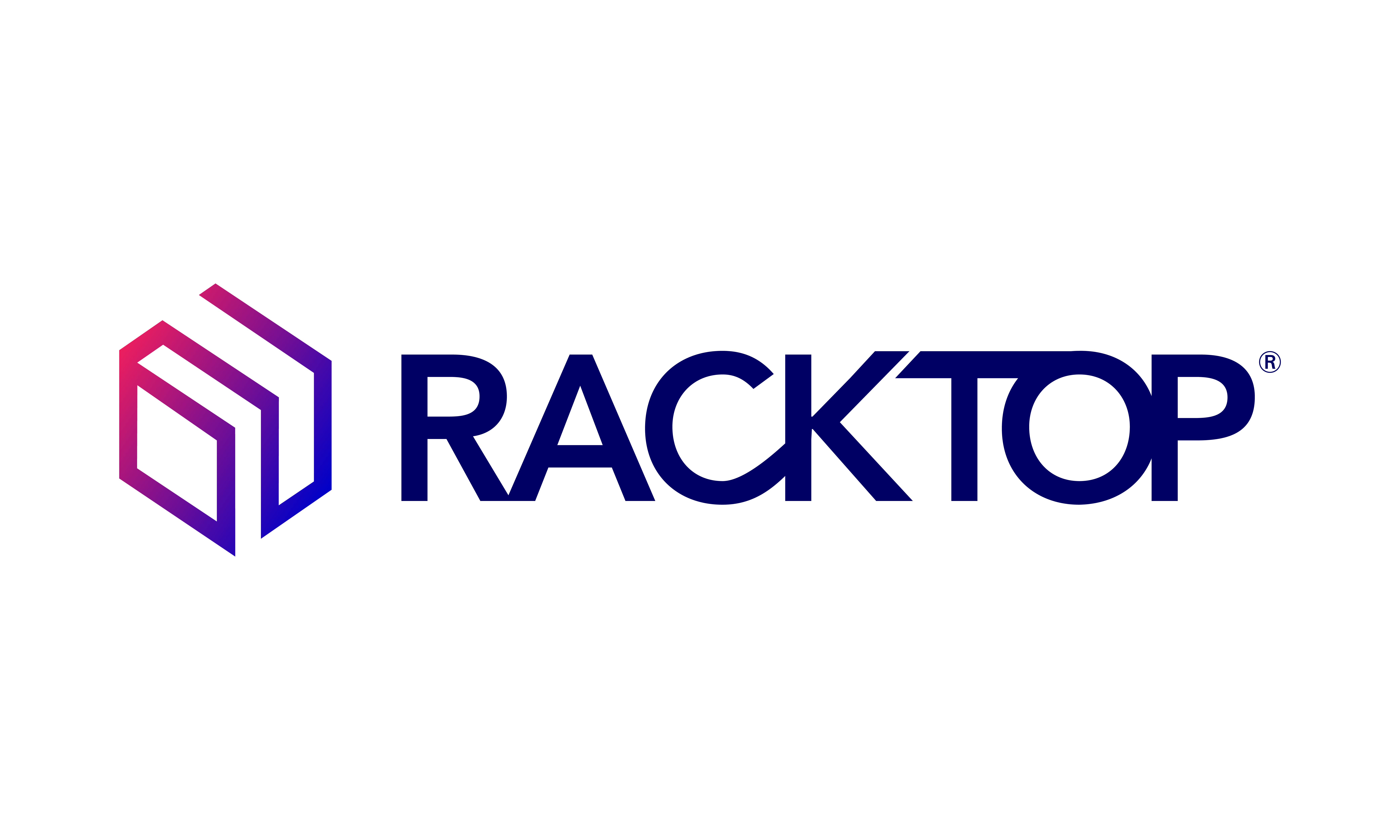As the ransomware crisis continues to accelerate, the financial services sector has remained a top target in the eyes of malicious threat actors. There were more than 630 ransomware-related attacks on financial institutions over the first half of 2021, marking a 30% YoY increase across a sector that was already 300 times more likely to be hit by a cyberattack compared to other industries. From commercial banks and wealth management firms to insurance companies and credit unions, no financial institution is outside of ransomware’s reach.
The sharp rise in ransomware attacks across finance is far from a coincidence. Most financial institutions accelerated digital transformation in response to pandemic-driven lockdowns by moving customer transactions online and transitioning their internal infrastructure to the cloud. This rapid shift to digital adoption and cloud migration has expanded the attack surface and opened the door to a wide range of new vulnerabilities for cybercriminals to exploit. And with more digital archives than ever before, the legacy systems and security tools organizations previously had in place are no longer enough to safeguard unstructured data while maintaining compliance protocols.
In addition, financial institutions are the gatekeepers of the two main entities digital extortionists covet the most: large quantities of money and sensitive unstructured data. By stealing the latter, banks are forced to give up the former in exchange – a repetitive cycle that leads straight to the pockets of opportunistic cybercriminals.
The Unstructured Data Assets at Stake
According to Verizon’s 2021 Data Breach Investigation Report, ransomware attacks on the financial services sector primarily targeted classified customer and internal banking data such as Personally Identifiable Information (PII), Protected Health Information (PHI), Intellectual Property (IP), Employee Account Credentials and more. Considering the aforementioned data assets are highly sensitive, victims will go to greater lengths to prevent them from being released publicly, leveraged for fraud, or sold on the dark web. That means there’s a higher likelihood the ransom will be paid in full.
There’s also a ripple effect scenario to consider. While global financial institutions have committed millions to strengthening their security posture with in-house IT teams and 24/7 operations, smaller organizations lack the same level of resources. However, they still regularly complete business transactions with businesses across a wide variety of sectors like retail, CPG, manufacturing, software services and more. In turn, a successful ransomware attack on one small bank could enable threat actors to access sensitive data from hundreds of vendors.
Leveraging BrickStor SP to Combat Ransomware Across Finance
Cyberstorage solutions like RackTop’s BrickStor SP provide the cyber resilience financial institutions need to fight back against ransomware. By leveraging artificial intelligence, the solutions combine unstructured data storage functionality with active security protections to continually monitor network behaviors – enriching an organization’s data ecosystem with real-time visibility and actionable insights that external-based network systems are incapable of producing.
Take RackTop Systems’ customer Florida Peninsula Insurance (case study) for example. With extensive volumes of archived data, the company needed a way to monitor file access and activity for ransomware defense, as well as encrypt unstructured data and securely operate on cloud-based channels while adhering to compliance protocols. Through real-time active defense and air gap data protection, BrickStor SP allows Florida Peninsula to not only identify cyber threats but also roll back exposed assets in the event of a breach.
For more information on how RackTop provides unrivaled ransomware protection for financial institutions, check out cyberstorage for finance today.

